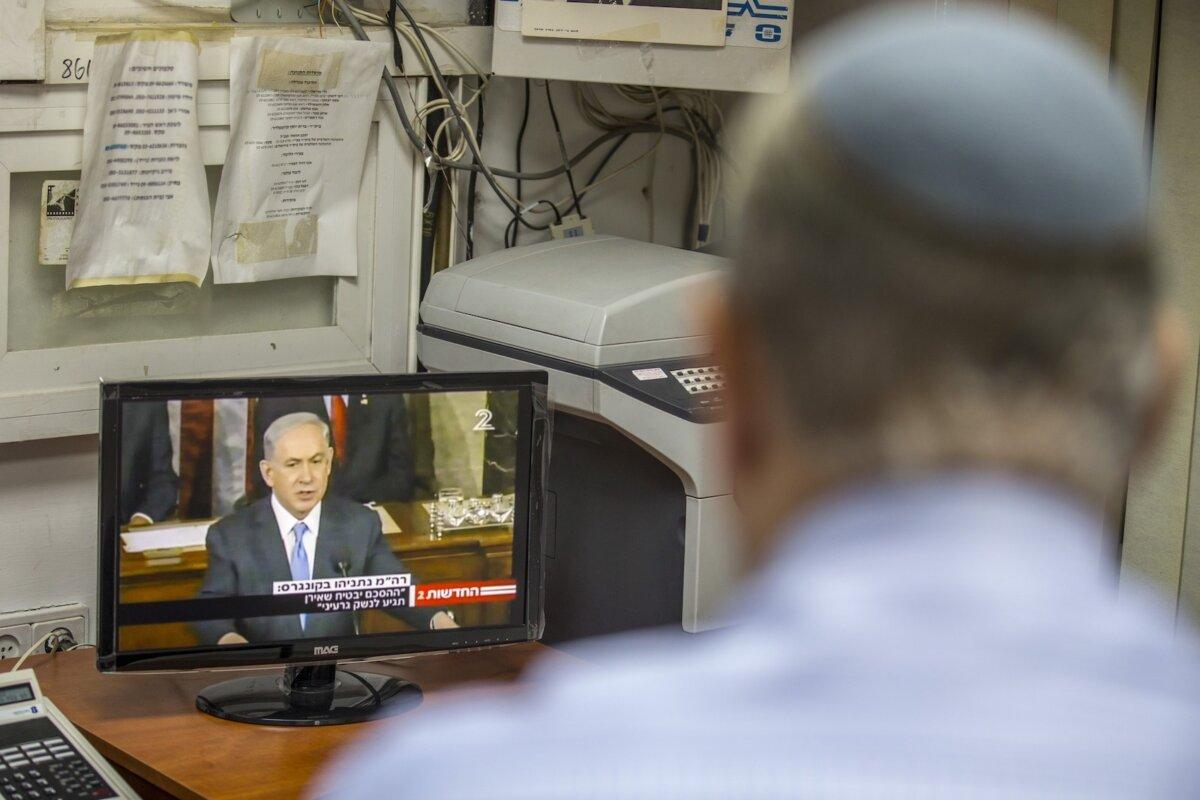The president expects to discuss developments on a cease-fire deal in the Gaza Strip when he meets with the Israeli PM on July 22.
U.S. President Joe Biden is anticipating meeting with Israeli Prime Minister Benjamin Netanyahu on July 22 to discuss ending the war in the Gaza Strip.
White House national security advisor Jake Sullivan affirmed the meeting plans during an interview with the Aspen Security Forum on July 19.
Mr. Netanyahu is already slated to address a joint session of Congress on July 24. This new meeting will now provide the two leaders an opportunity to discuss ceasefire negotiations face to face, as the Biden administration has recently signaled a deal may be close.
“We are mindful that there remain obstacles in the way,” Mr. Sullivan said. “Let’s use next week to try to clear through those obstacles and get to a deal.”
The current negotiations are centered around a three-phase proposal. As President Biden first described it on May 31, the first phase of the peace framework entails a temporary cease-fire period of at least six weeks. During this time, the Israeli military would pull its forces back from the major population centers in the Gaza Strip while Hamas releases some of the hostages they’ve held since October.
Phase two of the hostage deal would be contingent on continued negotiations. The cease-fire brought about in phase one of the deal could be extended beyond six weeks if all sides remain committed to the negotiations. If successful, phase two would entail a more permanent cease-fire, with Israeli forces leaving the Gaza Strip and Hamas releasing its remaining hostages.
The third phase of the deal would entail Hamas returning the remains of any hostages who were killed during the conflict, with Israel allowing for reconstruction to begin in the Gaza Strip.
Mr. Sullivan said, during his Aspen Security Forum interview, that getting to phase two of the peace plan remains one of the biggest challenges for negotiators to work through.
No Repeat of Netanyahu’s 2015 Speech Expected
Mr. Netanyahu’s speech before the U.S. Congress next week will not be the first time the Israeli leader has addressed a joint session of U.S. lawmakers. The Israeli prime minister formally addressed Congress on three occasions, in 1996, 2011, and 2015.
During his last address to Congress, on March 3, 2015, Mr. Netanyahu was notably critical of the Iran nuclear deal that then-President Barack Obama and then-Vice President Biden were pursuing at the time. Nearly 60 Congressional Democrats skipped the address, as the Israeli leader argued the nuclear deal would not do enough to prevent Iran from becoming a nuclear-armed nation but would instead pave “Iran’s path to the bomb.”

Speaking at the Aspen Security Forum on July 19, Mr. Sullivan said President Biden does not anticipate Mr. Netanyahu’s upcoming address being as contentious as his last one.
Mr. Sullivan said Israeli Minister of Strategic Ron Dermer and Israeli national security advisor Tzachi Hanegbi gave him a preview last week as to Mr. Netanyahu’s planned July 24 remarks.
“They said [Mr. Netanyahu’s] intending to reinforce a set of themes and arguments that are not at odds or in contradiction to our policy, American policy. But they’re gonna keep working that speech till the very last minute, just like we do on our side,” Mr. Sullivan said.
The White House national security advisor acknowledged the final version of Mr. Netanyahu’s speech could prove different than the preview he’d seen, “But our expectation is that his speech will be one that doesn’t look like 2015.”
President Biden has been sidelined since July 17 due to a COVID-19 infection. He is expected to be well enough to meet with Mr. Netanyahu following a statement issued on July 19 saying he would be back campaigning against his rival, former President Donald Trump, next week.










